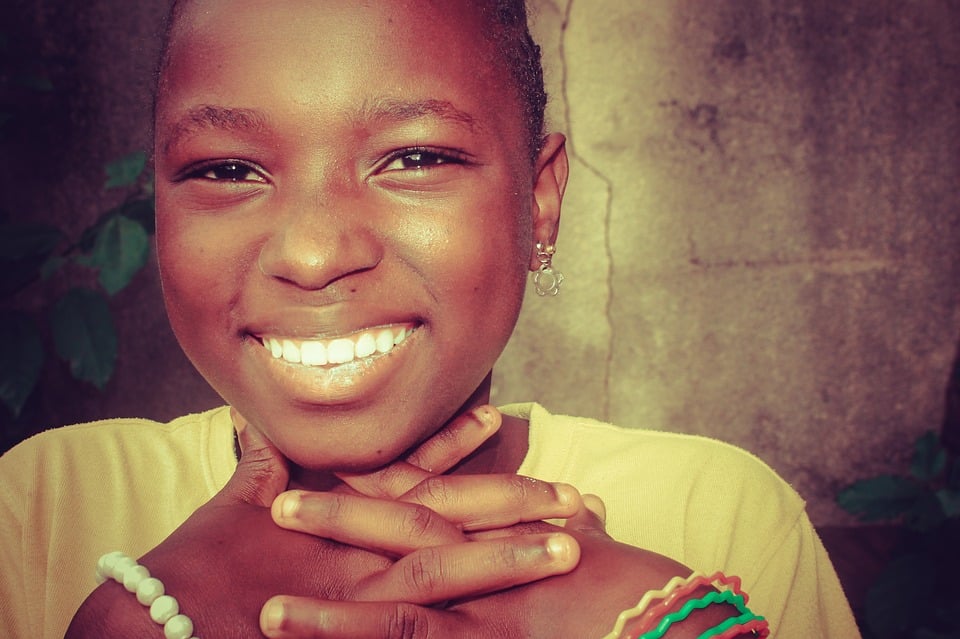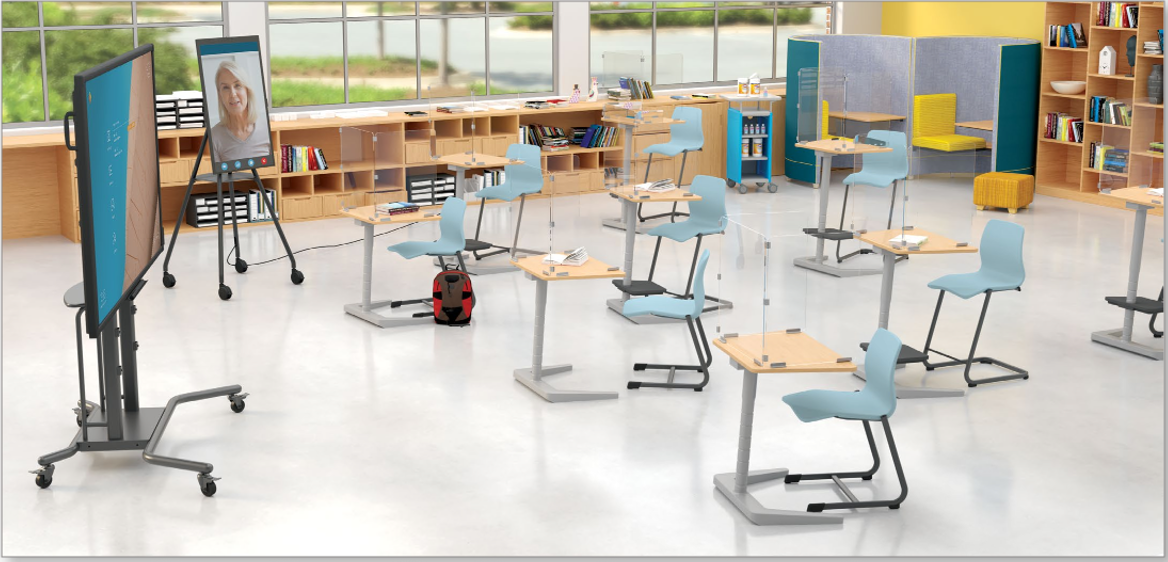As classrooms are rapidly transforming into digital spaces, students have the opportunity to connect not only with classmates, but also with people and places outside the walls of their classroom or school. By connecting with other people and places, students get in touch with new ideas and perspectives, which helps build empathy.
But what about students in developing countries? They often don’t have access to education, and classrooms often lack critical tools to effectively help children to learn, let alone connect with people outside the classroom.

Koen Timmers, an innovative Belgian teacher and finalist for The Global Teacher Prize 2018, decided to give unde-rresourced students equal opportunities. He founded Project Kakuma, an initiative in which 200 educators across 50 countries offer free education to African refugees in the Kakuma Refugee Camp (Kenya) via Skype. In addition to providing formal education, the project creates a space for intercultural exchange allowing students who feel isolated to connect with the rest of the world.
This project beautifully illustrates the power of education technology. With touch displays or interactive projectors teachers can easily set up a Skype call with a class in another country. This international collaboration creates a great learning experience for both class groups: they can learn from each other and develop their sense of empathy.
Special thanks to: Koen Timmers and Project Kakuma

Prior to the global pandemic, people spent almost90% of their time indoors. With lockdowns around the world to slow the spread, people are spending more time indoors than ever...

5 useful IT tips to ensure an easy start of the new school year!!
The past few months have changed the world dramatically... and that's not an understatement! It has certainly affected education...